-
A Case of Eavesdropping by Algernon Blackwood Short Story Analysis
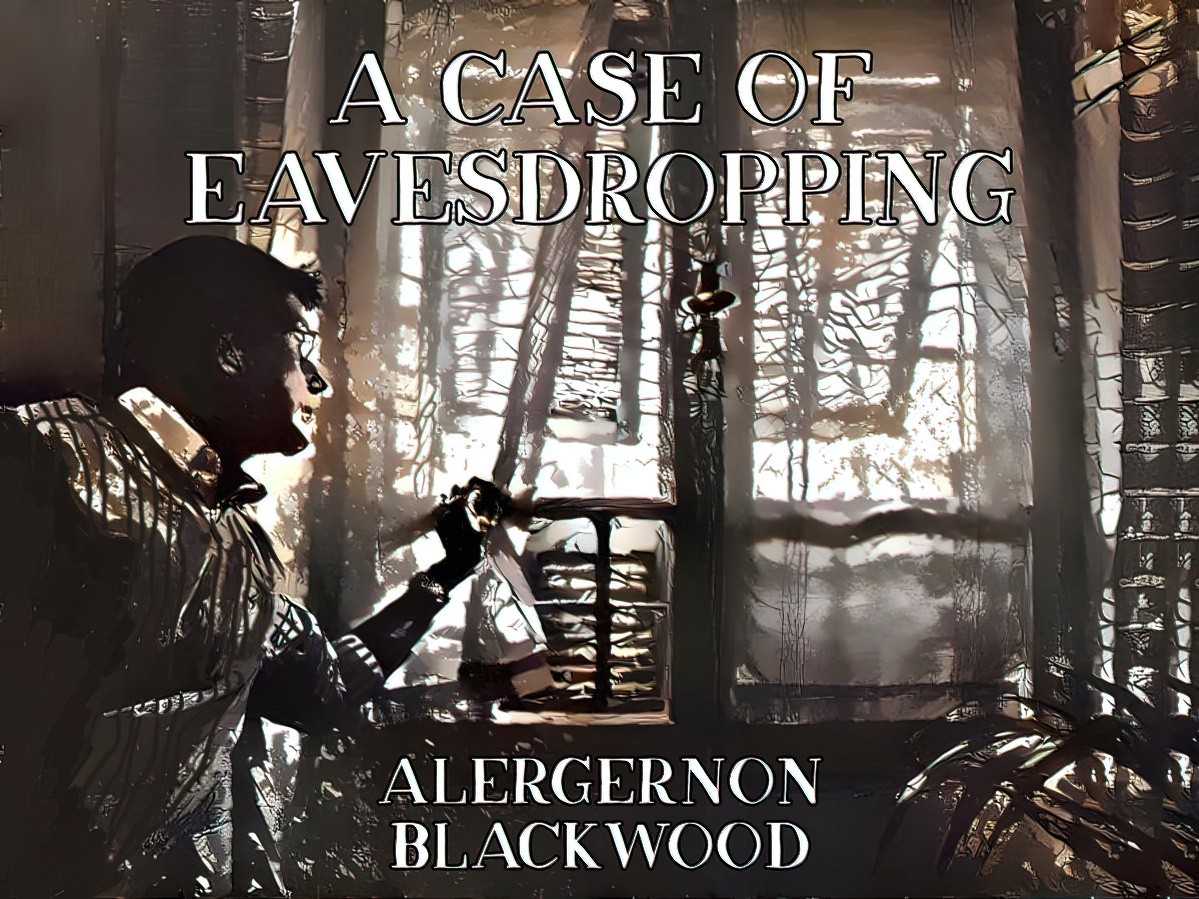
A Case of Eavesdropping” is a ghost story by Algernon Blackwood first published in December 1900 in Pall Mall Magazine.
-
There Will Come Soft Rains by Ray Bradbury Short Story Analysis
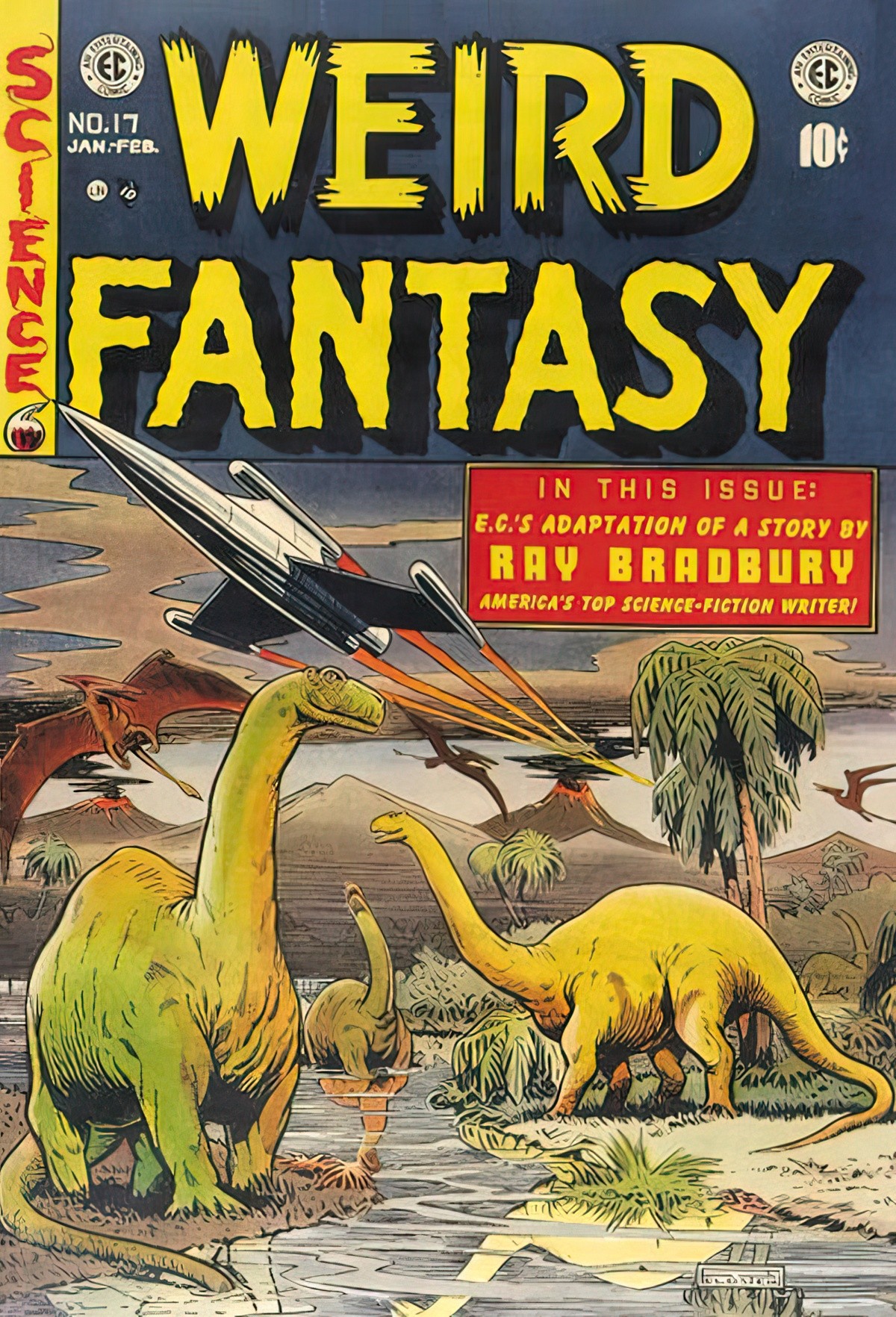
“There Will Come Soft Rains” (1950) is a short story by American author Ray Bradbury. I thought I’d better read it because August 4 2026 is looking nearer and nearer, and I’d like to know what to expect in four years’ time.
-
Ridley Scott’s Alien (1979) Film Analysis

Alien is a 1979 film directed by Ridley Scott. The story was created by Ronald Shusett, also known for Total Recall. The screenplay is by Dan O’Bannon, also known for The Return of the Living Dead.
-
A Father To Be by Saul Bellow Short Story Analysis
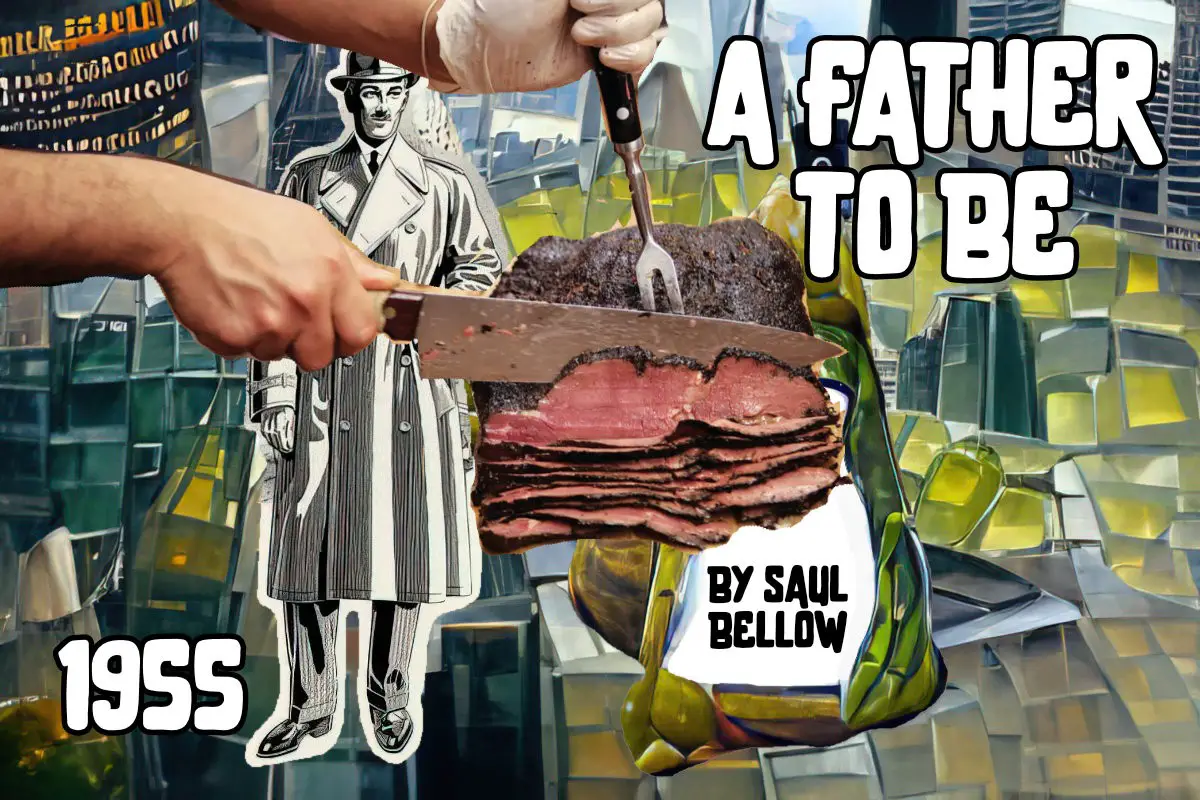
Are you thinking of writing a story about a kid who leaves the house and rides the bus to school, all the while observing other passengers and gazing out the window? Or a story about a woman who buys frozen pizza at the supermarket, complains about the roast beef then observes characters in the car park before peacing out to…
-
Edward Ardizzone Nicholas and the Fast Moving Diesel 1948
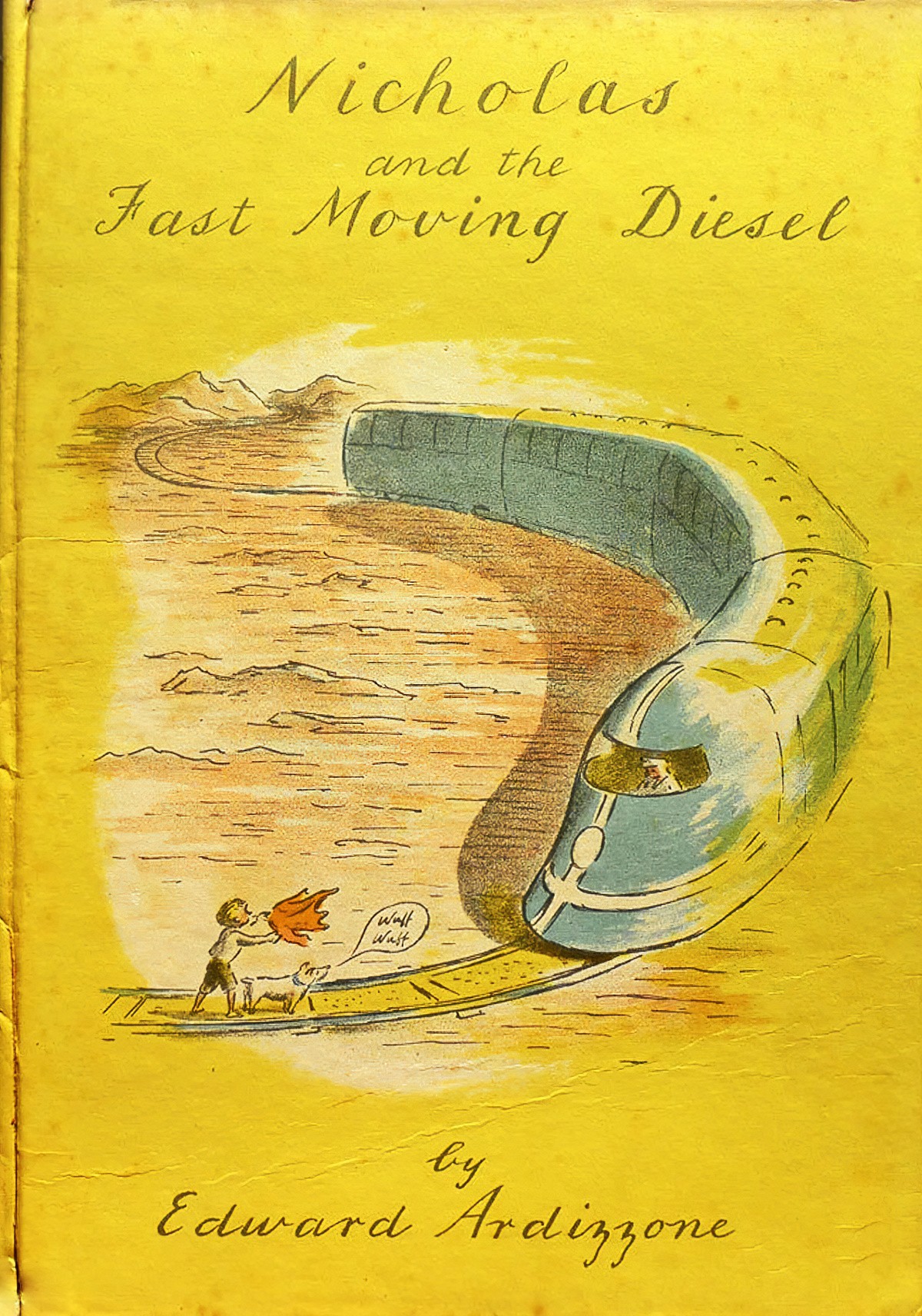
Nicholas and Peter must save a train from crashing after the fireman and the engine driver are made sick by a poisoned cup of tea
-
Girls And Women Having Fun In Art and Illustration

Although Bertha Young was thirty she still had moments like this when she wanted to run instead of walk, to take dancing steps on and off the pavement, to bowl a hoop, to throw something up in the air and catch it again, or to stand still and laugh at – nothing – at nothing, […]
-
The Vertical Ladder by William Sansom Short Story Analysis
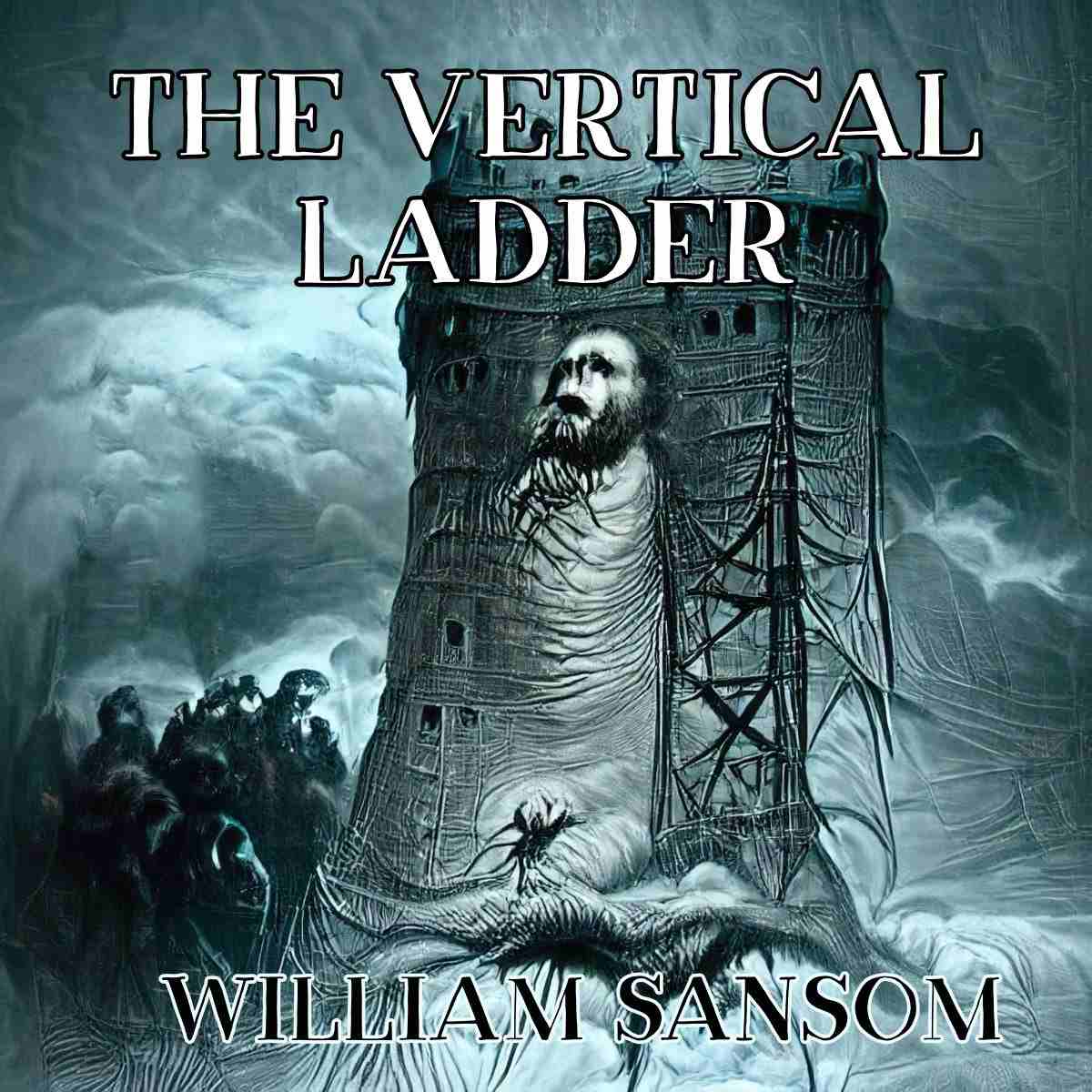
“The Vertical Ladder” is a short story by British writer William Samson (1912 – 1976) best known for his travel writing and highly descriptive language. A childhood game of dare goes wrong.
-
Nomadland Film Study

Nomadland is a 2020 film directed by Chloé Zhao, starring Frances McDormand, David Strathairn and real people engaged as temporary actors, playing a version of themselves.
-
The Shopping Mall As Fictional Setting

Shopping malls play a big part in many people’s lives. Naturally, malls make it into fiction, sometimes prominently. How are storytellers making use of malls as setting?
-
Bunny Stew by Mikki Mares Short Story Analysis
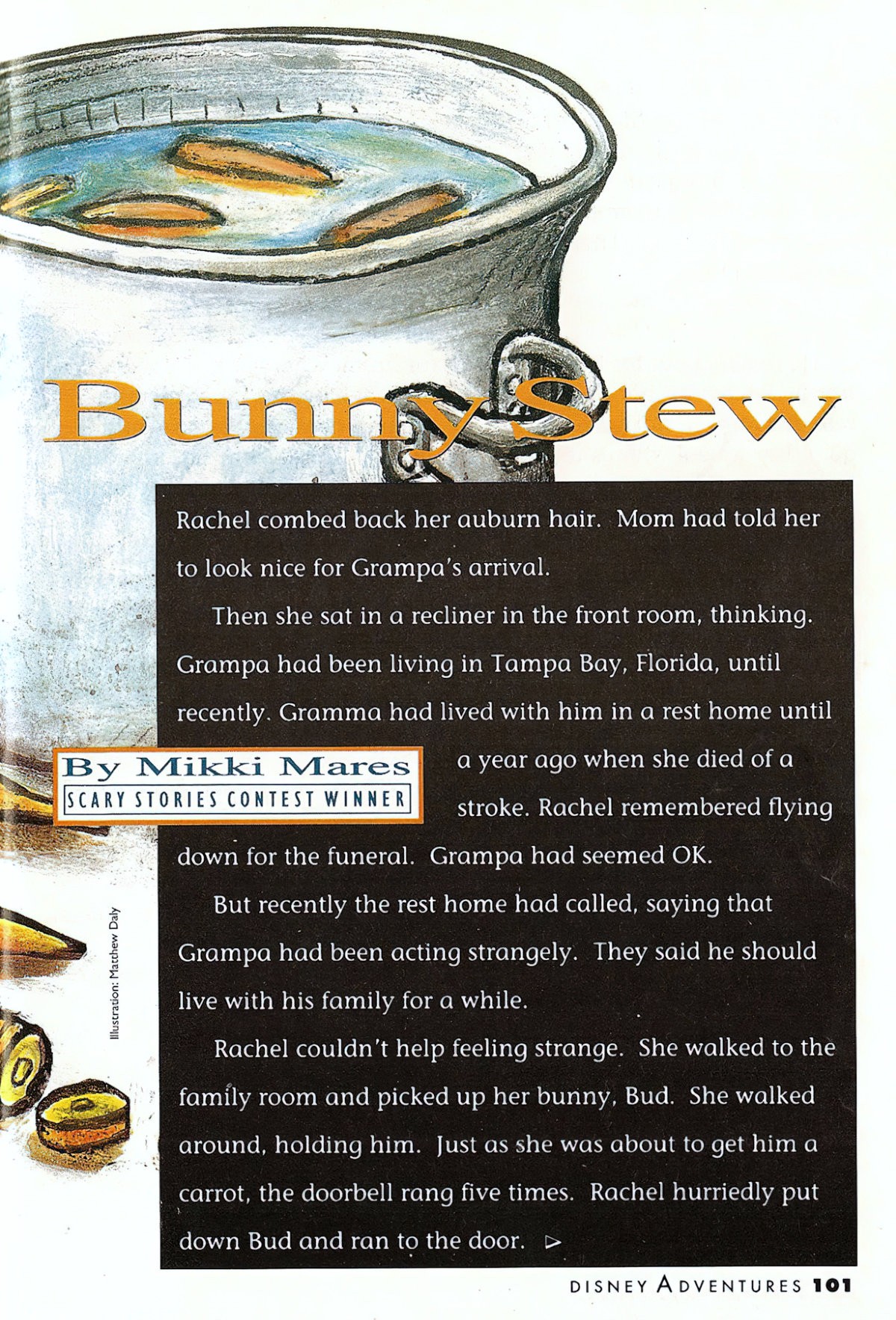
Disney typically takes a nightmarish, harrowing fairy tale and bowdlerises it according to the more conservative end of its perceived audience. But lest we forget: In 1993 the Disney corporation also published a short story as disturbing as your typical pre-Grimm fairytales, replete with cannibalism. Disney had run a “Scary Tales” competition, and “Bunny Stew” was the winner.
-
The Tell-Tale Heart by Edgar Allan Poe Short Story Analysis
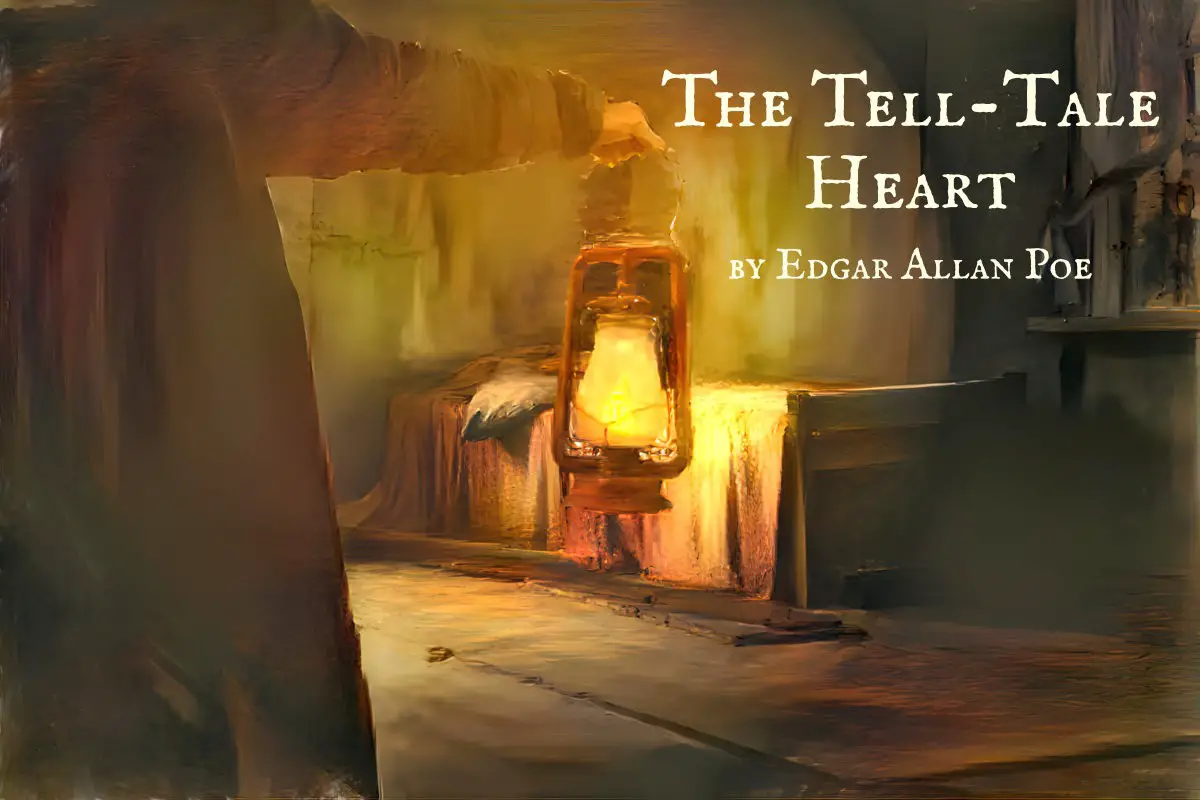
The Tell-Tale Heart (1843) is a short story by American writer Edgar Allan Poe. This horror classic is a famous example of Gothic literature, and is also well-known for its unreliable first person narration.
-
The Frog Prince by Robert Coover Short Story Analysis
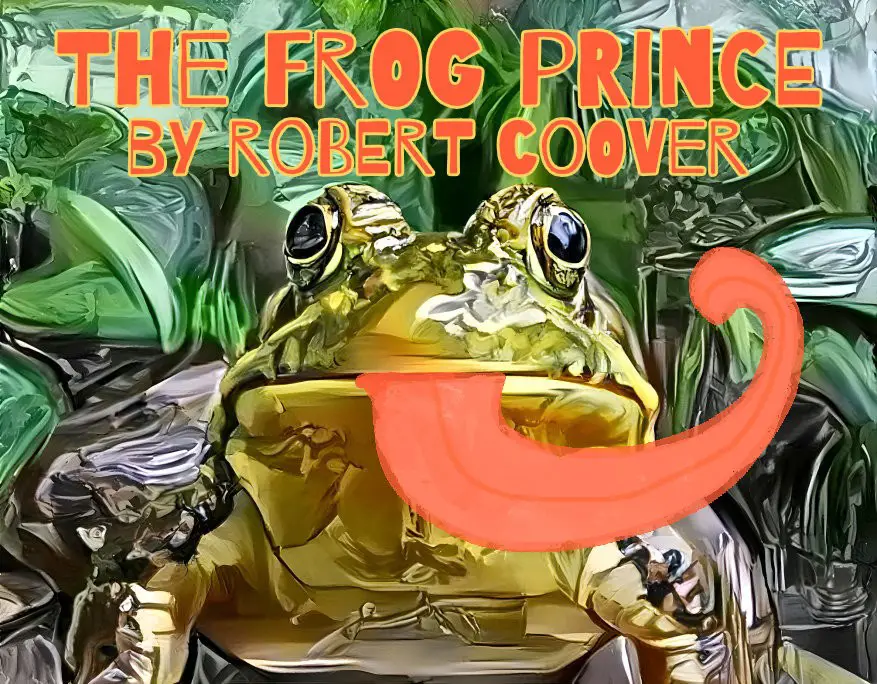
“The Frog Prince” is a short story by American writer Robert Coover. It appeared in the January 19, 2014 edition of The New Yorker and was discussed at The New Yorker short story podcast by Deborah Treisman and Gabe Hudson, a former student of Coover’s. Informed by the podcast discussion, I am on the lookout for writing tips.
-
Illustrations Of Table Scenes From Alice In Wonderland
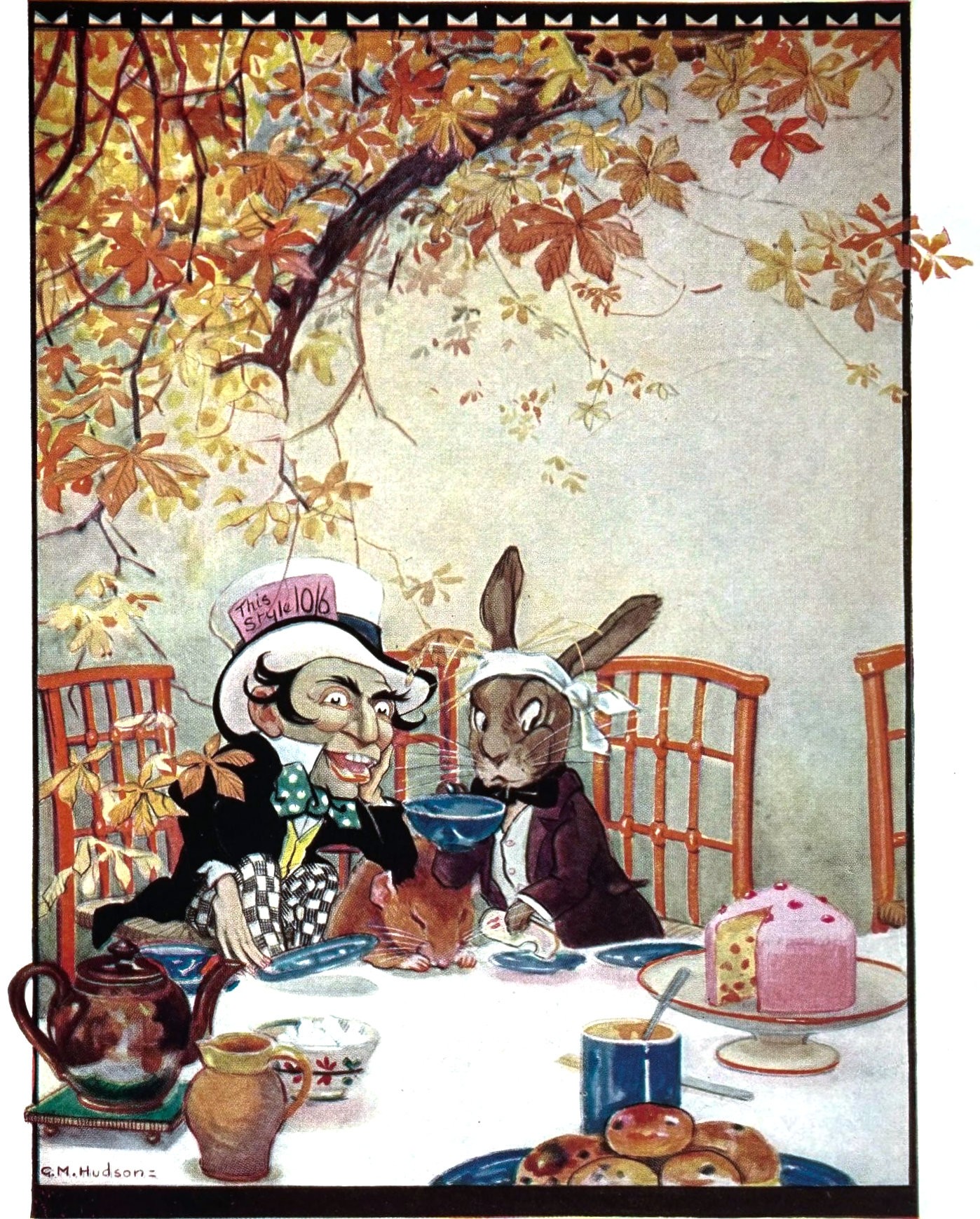
Having an Alice In Wonderland tea party? Here’s what it might look like, according to various illustrators.
-
Schnitzel von Krumm Forget-Me-Not by Lynley Dodd Picture Book Analysis

Schnitzel Von Krumm Forget Me Not is the tenth book in Lynley Dodd’s Hairy Maclary series, and was published in 1998. Many of Lynley Dodd’s picture books are told with a carnivalesque structure. Schnitzel von Krumm, Forget-me-not is different. This one is told using classic structure and, in my opinion, is one of the most […]
-
A Family Man by V.S. Pritchett Short Story Analysis
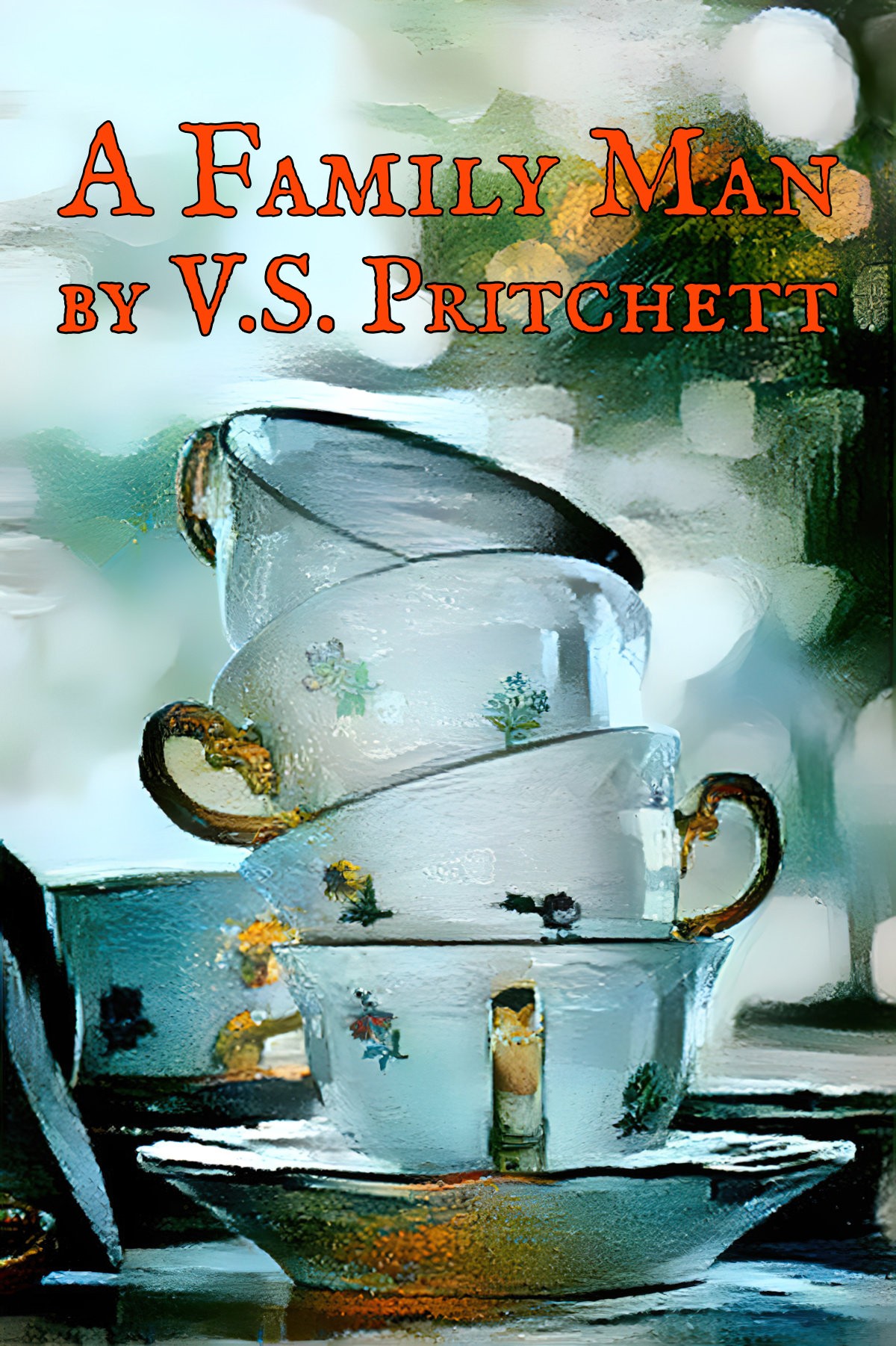
“A Family Man” is a short story by British writer V.S. Pritchett (1900-1997), published in a 1977 edition of The New Yorker. Pritchett was a critic as well as a writer, and as a writer, was best known for the short form.